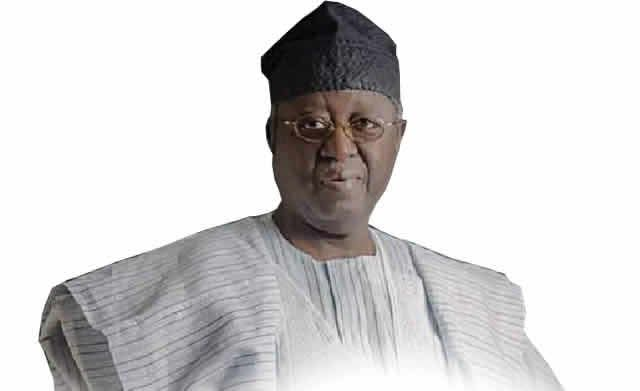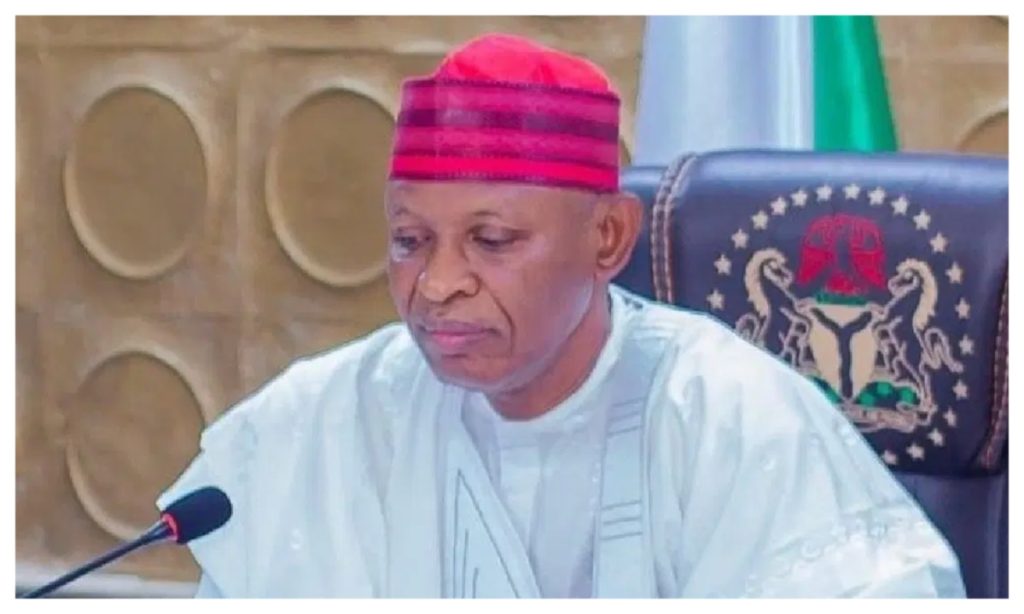In a bid to ensure greater transparency and accountability in Nigeria’s Ekiti State, a non-governmental organization, the Environmental Development and Family Health Organization (EDFHO), is urging the state government to implement its budget in an inclusive and transparent manner. This call was made during a two-day workshop on “Budget Monitoring and Tracking” organized by EDFHO in collaboration with ActionAid Nigeria.
Speaking at the event, EDFHO’s Executive Director, Olu Ogunrotimi, emphasized the need for participants to review the annual budget, participate in its development, and provide input to ensure that their contributions are reflected in the state government’s budget. He also encouraged the state government to intensify efforts in the state’s budget, with a special focus on rural communities, ensuring they enjoy the dividends of tax contributions.
Kehinde Arowosegbe, Local Rights Program Manager at ActionAid Nigeria, also stressed the need for stakeholders and citizens to demand accountability and for the state government to incorporate inclusivity in budget drafting. The training aimed to raise awareness within communities on budget matters, equipping them with the knowledge to effectively engage with the government and advocate for their rights.
In his words, “The training is about raising the awareness of communities to the fact that they should be asking questions concerning the budget and that they should be concerned with the budget, not just listening to the news that the government has passed the budget.” Arowosegbe anticipates increased accountability and inclusivity from the government regarding budget implementation in the state.
A lecture on ‘Budget Analysis’ was delivered by Mrs. Osamudiamen Owen-Akinwale, Program Advisor at ActionAid Nigeria, highlighting the importance of budget analysis in equipping communities to effectively engage with the government. According to her, “It identifies government priorities, enhances participation in budgetary processes, ensures fiscal discipline and adherence to budget goals, and highlights key points for community advocacy.”
The programme advisor identified types of budget analysis, including principle analysis, content analysis, outcome analysis, and impact analysis. These types of analysis enable communities to understand government priorities, participate in budgetary processes, and hold the government accountable for its budgetary decisions.
By emphasizing the need for accountability and inclusivity in budget implementation, EDFHO and ActionAid Nigeria are advocating for a more transparent and participatory governance system in Ekiti State. This effort aims to ensure that the state’s budget serves the needs of all citizens, particularly those in rural communities, and that they enjoy the dividends of tax contributions.



